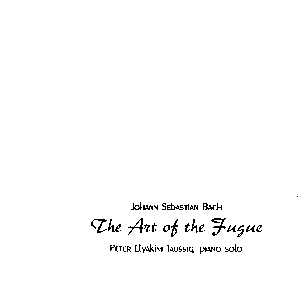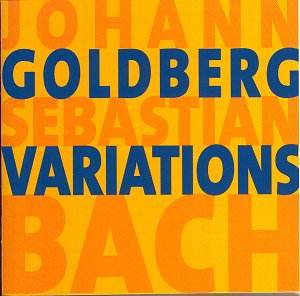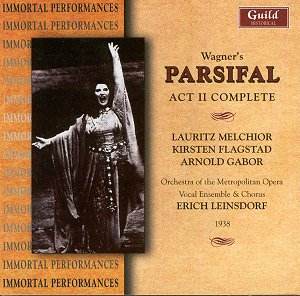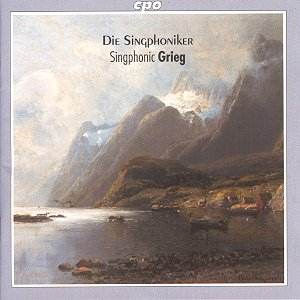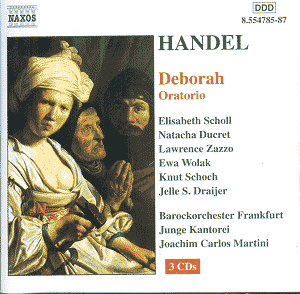 Composer: George Frideric Handel
Composer: George Frideric Handel
Works: Deborah
Performers: Elizabeth Scholl (soprano), Natacha Ducret (soprano), Lawrence Zazzo (countertenor), Ewa Wolak (contralto), Knut Schoch (tenor), Jelle S. Draijer (baritone), Junge Kantorei, Barokorchester Frankfurt/Joachim Carlos Martini
Recording: Recorded live May 1999 in the Kloster Eberbach, Germany
Label: NAXOS
Handel’s oratorio Deborah, composed in 1733, emerges as a fascinating intersection of sacred and theatrical traditions, a plea for a new kind of English operatic expression amid the dominance of Italianate forms. Rooted in the biblical narrative from the Book of Judges, Deborah not only reflects Handel’s ambition to replicate the success of Rinaldo but also marks a pivotal shift in the evolution of English music theatre. With its narrative centered on the strong female figure of Deborah, the work anticipates the dramatic potential inherent in biblical tales, setting the stage for Handel’s later masterpieces.
The performance by the Junge Kantorei and Barokorchester Frankfurt, under the direction of Joachim Carlos Martini, presents a vibrant yet uneven interpretation of this challenging score. The orchestral playing is commendable, characterized by a crispness that enhances the texture of Handel’s intricate orchestration, which notably includes two harpsichords and organ. The “grand military symphony” that heralds the Israelites’ victory is executed with vigor, yet the overall orchestral balance sometimes overshadows the vocal lines, leading to a certain imbalance that detracts from the intended dramatic impact.
Vocally, the ensemble features a mix of strengths and weaknesses. Elizabeth Scholl as Deborah brings an engaging presence, her soprano resonating with authority, especially in her commanding arias. However, the hollow acoustic of the Kloster Eberbach proves detrimental, often rendering the soloists’ efforts somewhat strained and lacking the necessary resonance to convey the heroic nature of their roles. Lawrence Zazzo as Barak presents a countertenor performance notable for its lyrical quality, yet he too struggles against the acoustical challenges, which at times muffles the clarity of his lines. The ensemble work, while spirited, reveals moments of insecurity, particularly in the choral sections where the text occasionally becomes obscured, underscoring the importance of a more sympathetic acoustic environment for such a demanding score.
The recording quality, though capturing the live essence of the performance, suffers from an imbalance that can lead to frustration for attentive listeners. The occasional “noises off” are not particularly intrusive, yet they serve as a reminder of the challenges faced in a live setting. The engineering does not quite compensate for the venue’s acoustic limitations, which results in a performance that feels less than fully realized in terms of emotional depth.
Whereas other recordings of Handel’s works, such as Il Trionfo del Tempo e della Verità with the same forces, achieve a more robust and engaging interpretation, Deborah falls short of its potential. The historical intrigue and musical richness of Handel’s score remain evident, but this particular performance lacks the cohesive intensity that the material demands. The challenges faced by the performers, both vocally and acoustically, lead to an interpretation that, while offering valuable insights into the work’s complexities, ultimately does not resonate with the same clarity or impact found in Handel’s more celebrated oratorios.
A historical curiosity and a testament to Handel’s versatility, this recording provides a glimpse into an underperformed gem, yet it does not rise to the heights expected of such a monumental composer. The endeavor remains commendable, yet listeners may find themselves yearning for a more polished and secure presentation of this significant work.
